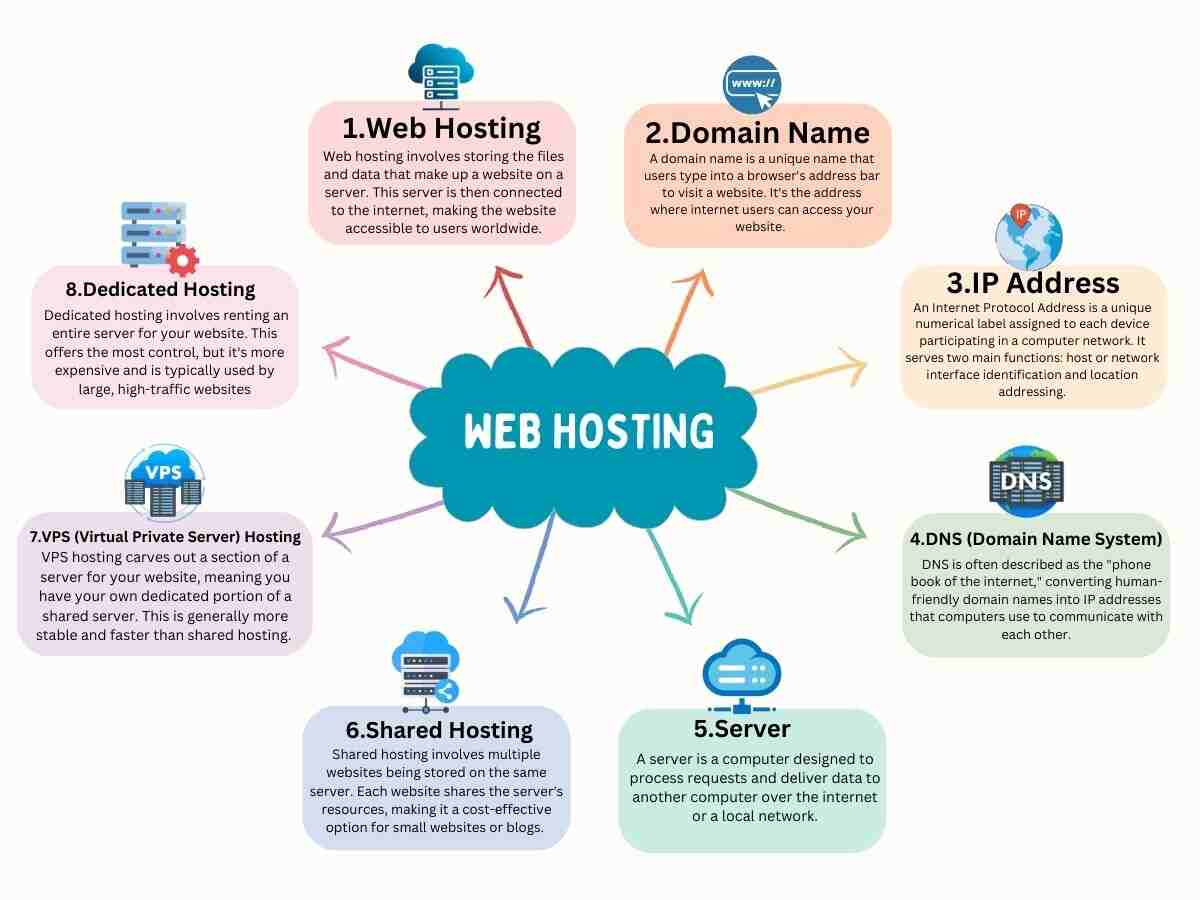
Wildcard SSL Certificates: What They Cover and When to Use Them
Whether you’re a small business owner, a webmaster, or simply a tech enthusiast, you’re likely well aware of how crucial online security is. As data privacy and security continue to be top priorities, Adopting SSL certificates has become non-negotiable. However, when securing multiple subdomains, the prospect of purchasing individual certificates can be daunting both from a management and a cost perspective. Enter wildcard SSL certificates.
In this blog post, we’ll explore what wildcard SSL certificates cover and the circumstances in which their usage is suitable.
Definition: What is a Wildcard SSL Certificate?
A Wildcard SSL certificate offers security for one primary domain and an unlimited number of its subdomains. Unlike standard SSL certificates that only secure a single fully qualified domain name, wildcard SSL certificates cover the selected domain along with all related subdomains.
For example, if you purchase a wildcard SSL certificate for your domain `*.yourwebsite.com`, it will cover `yourwebsite.com` and all other subdomains such as `blog.yourwebsite.com`, `shop.yourwebsite.com`, `login.yourwebsite.com`, and so on.
The Advantages of Wildcard SSL Certificates
Cost-Effective
Purchasing individual SSL certificates for each subdomain could be expensive. In contrast, a wildcard SSL certificate covers unlimited subdomains under one primary domain, leading to significant cost savings.
Easier Management
Having a single wildcard SSL certificate simplifies certificate tracking, renewal, and management since there’s only one certificate to monitor and renew.
Flexibility for Growth
Wildcard SSL certificates offer growth flexibility, as they automatically secure any new subdomains you create under your primary domain.
When to Use Wildcard SSL Certificates
While wildcard SSL certificates possess numerous benefits, they are not suitable for every scenario:
For Sites with Multiple Subdomains
If you manage a larger website with multiple subdomains, a wildcard SSL certificate can efficiently secure all existing and future subdomains.
For Simplifying Management
If you oversee multiple SSL certificate, consolidating them into a single wildcard SSL certificate simplifies management and renewals.
For Flexibility and Scalability
For businesses projecting growth or considering adding more subdomains in the future, wildcard SSL certificate offer an adaptive, scalable solution.
When Not to Use Wildcard SSL Certificate
Wildcard SSL certificate should not be used when different organizational units need their SSL certificate for legal or compliance reasons. Also, if a wildcard private key is compromised, all subdomains are at risk. Therefore, they might not be suitable for businesses that prioritize compartmentalization of risk.
In Summary
Wildcard SSL certificate provide a cost-effective, convenient, and flexible solution for businesses operating one main domain with multiple subdomains. However, they should be employed wisely, considering the organization’s security, compliance requirements, and risk management strategy.
By effectively understanding what they cover and when to use them, you can leverage wildcard SSL certificate to fortify your online presence in an efficient and pragmatic way.







